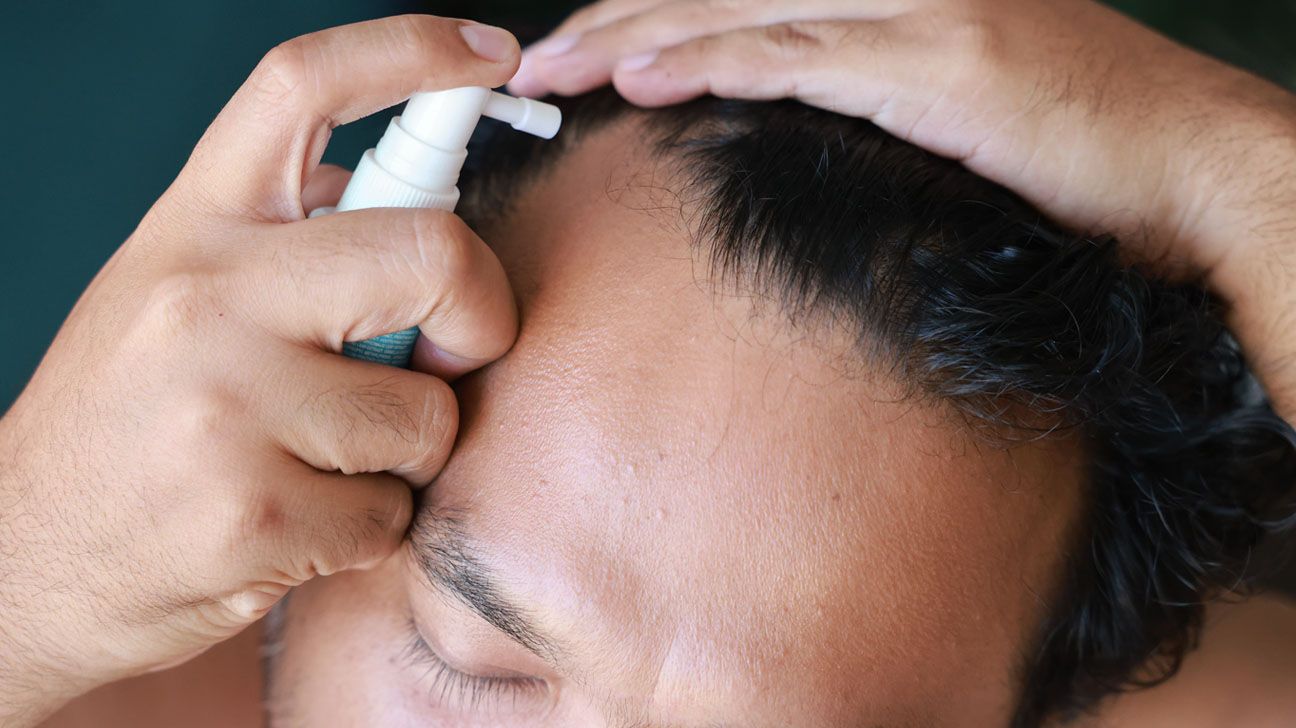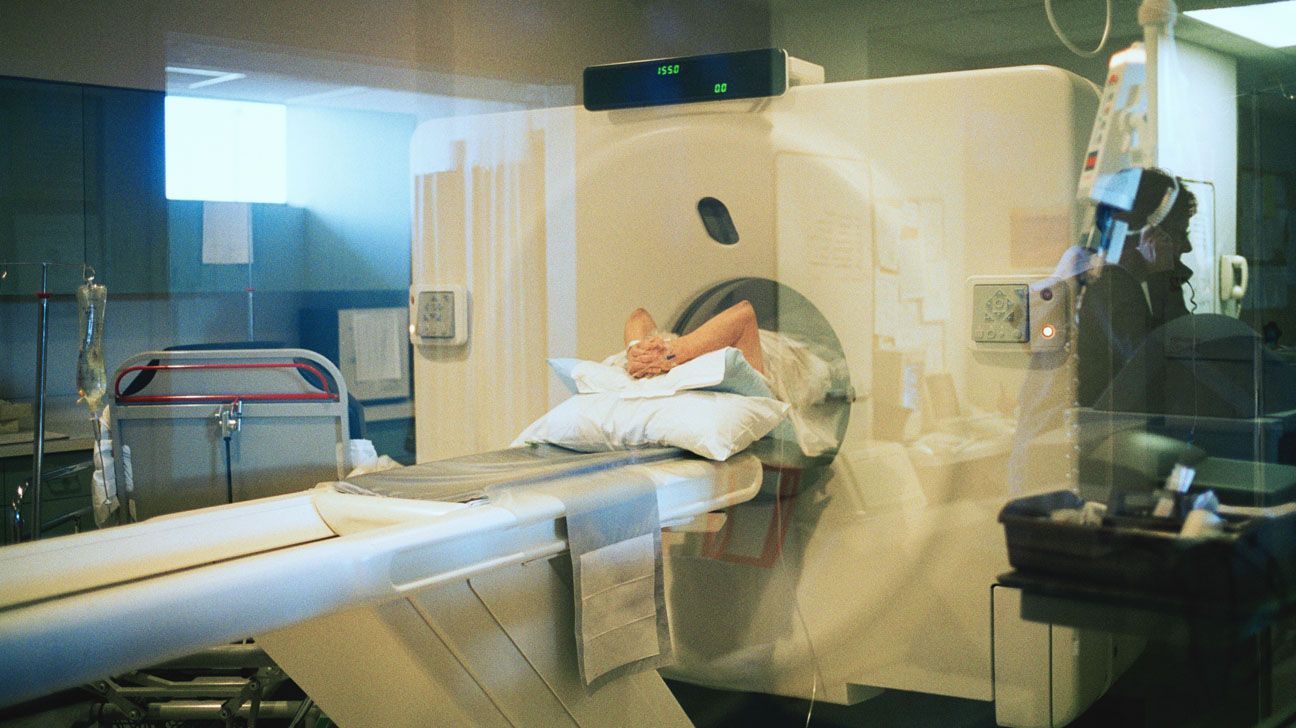Search Result For: expressed

Date: 2025/05/03 - 19:32
Regular Chicken Consumption Linked to Higher Death Risk From GI Cancers
Consuming more than 300 grams of poultry per week may lead to an increase in all-cause deaths and cancers, according to a new study. The findings contradict existing research and are being approached with caution by experts.

Date: 2025/05/02 - 00:32
Household Plastics Raise Cardiovascular Disease Risk: 4 Ways to Limit Exposure
A new study says plastics found in common household products can increase the risk of cardiovascular disease in people ages 55 to 64. Experts say you can reduce your exposure to microplastics by avoiding processed foods and not using plastic utensils or bowls.

Date: 2025/04/26 - 00:00
FDA Issues Warning on Hair-Loss Product Finasteride, Citing Side Effects
The FDA issued a warning about adverse effects related to a popular hair loss product available through telehealth platforms like Hims & Hers and Ro. Men have reported side effects of topical finasteride, including depression, dizziness, and low libido.

Date: 2025/04/25 - 23:00
FDA Issues Warning on Hair-Loss Product Finasteride, Citing Side Effects
The FDA issued a warning about adverse effects related to a popular hair loss product available through telehealth platforms like Hims & Hers and Ro. Men have reported side effects of topical finasteride, including depression, dizziness, and low libido.

Date: 2025/04/17 - 21:32
CT Scans Linked to New Cancer Diagnoses in U.S., But Overall Risk is Low
A new study suggests the cumulative effects of ionizing radiation from CT scans may raise a person's lifetime risk of developing cancer. Experts say CT-related cancer risk is minor, and note these imaging exams are an important diagnostic tool to screen for a various cancers.




